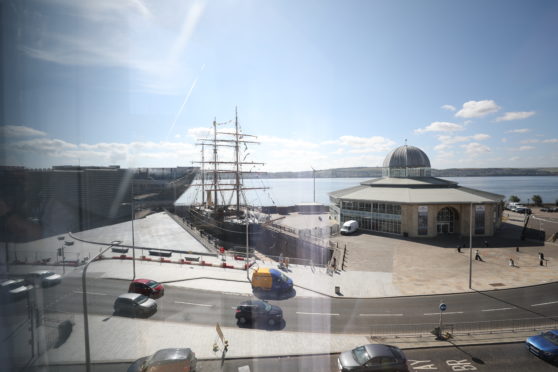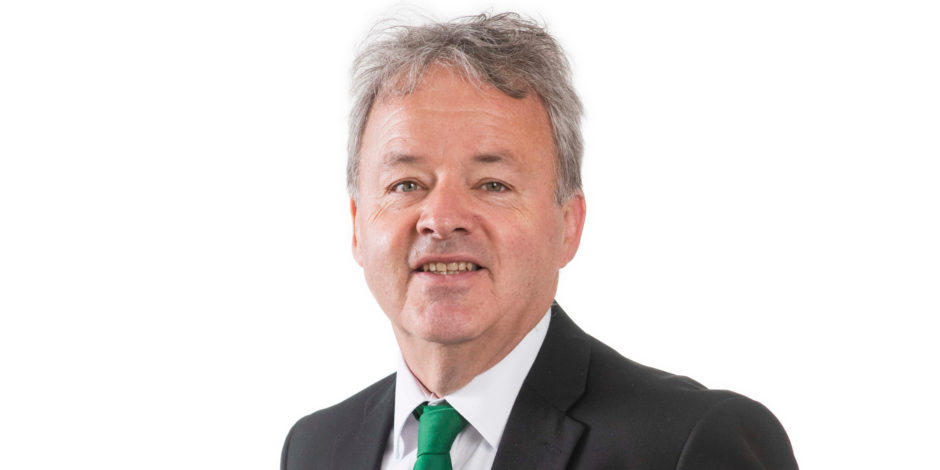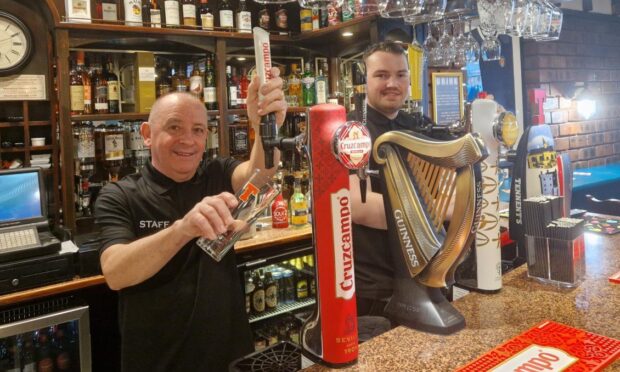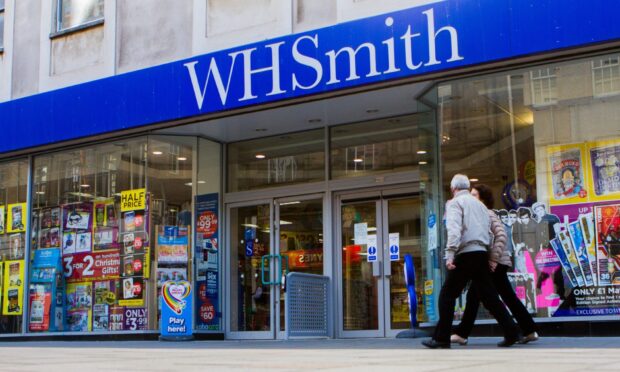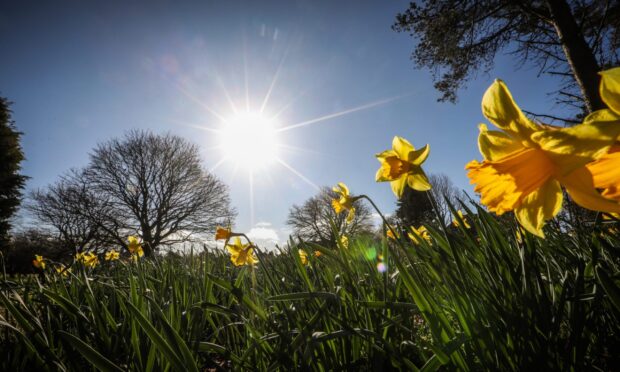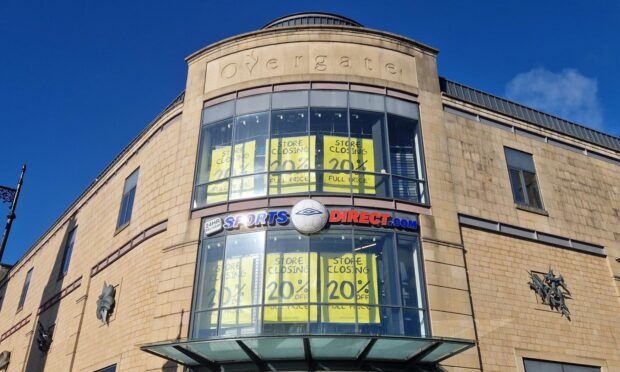There is no evidence to show a £1 billion investment in Dundee Waterfront has helped vulnerable people in the city, according to finance experts.
Watchdogs at the Accounts Commission said more needed to be done to address inequalities, despite a “decade of improvement”.
Tim McKay, interim deputy chairman of the Commission, said investment had transformed some areas of the city, particularly the Waterfront, but this was in “stark contrast” to the “endemic poverty, inequality and drug-related deaths”.
Speaking ahead of the commission’s latest report, published today [Tuesday] Mr McKay said: “The council has been unable to demonstrate that what is happening at the waterfront is trickling through to other areas of Dundee.
“The significant investment to transform parts of the city, most notably the waterfront, sits in marked contrast to the endemic poverty, inequality and drug-related deaths.
“The council needs to demonstrate that the developments will eventually have some positive impacts on poverty.
“It may be a wee bit early but we would hope within a year or two they could find a way of measuring the impact and hopefully it will be positive.”
The £1 billion Waterfront transformation includes the V&A Dundee, the new railway station, office buildings and an urban beach.
The council was praised in the report for a “steady pace of improvement” in areas including leadership, working with other public bodies through the Dundee Partnership, and becoming the UK’s first Living Wage city.
But it also said the council must act quicker to reduce drug related deaths and close the education related attainment gap.
While “ambitious and innovative ideas” including the Eden Project attraction and the Michelin Innovation Parc were welcomed, the report cautioned city leaders to “be realistic about what can be achieved in the short term and prioritise those actions that can be delivered and will have the greatest impact”.
Mr McKay added: “Many services have improved, but the council and its partners must now act faster to address these long-standing issues.
“There’s no doubt that Dundee’s profile has been raised a lot and presumably that will attract investment in time and that’s where the knock-on effect will be shown in poverty and deprivation, hopefully.”
Concerns were also raised about Dundee’s integrated joint board, which provides health and social care.
The report said the financial sustainability of Dundee Health and Social Care Partnership was a “significant risk” which will be exacerbated due to the ongoing coronavirus pandemic.
Mr McKay said: “There is no doubt that the health board and council will continue to deliver services but the question is to what extent.
“If the finances aren’t balancing out there’s a risk that services might be cut back.
“The services need to be delivered but the partners need to find the money.”
A Dundee Health and Social Care Partnership spokesperson said: “Operations have been and will continue to be severely disrupted due to the Covid-19 pandemic, however critical frontline services continue to be delivered.
“Additional funding is being provided by the Scottish Government to support the Partnership’s responses to the Covid-19 crisis and financial monitoring reports to the IJB throughout the financial year will provide information on this additional spend and any financial risks as a result of this.
“The Partnership recently set out plans to achieve a balanced budget for 2020/21 which include the implementation of service redesign initiatives to address the financial challenges.”
‘We don’t shy away from the scale of the challenges’ – Council leader
Council leader John Alexander has insisted he and the local authority as a whole are working to challenge the city’s issues “head on”.
He said: “We know that there’s much more to do and as I’m always very clear about, we don’t shy away from the scale of those challenges.
“It was on day one as leader of Dundee City Council that I tasked officers with creating the Drugs Commission and we will continue to challenge and hopefully, reduce the prevalence of the issues the city faces.
“Despite the unprecedented challenges of the global coronavirus pandemic, our bold ambitions for a smarter, fairer, more vibrant and attractive Dundee are undiminished.”
Mr Alexander acknowledged that better analysis was needed to examine how investment benefits Dundee overall and said a report on the issue was due later in the year.
He added: “The motivation for the Waterfront, the Michelin Scotland Innovation Parc, our work with Eden, the Tay Cities Deal, and the list goes on, is to create real jobs and economic growth which benefits people in Dundee.
“They don’t sit in isolation but are intrinsically linked to that broader agenda of tackling poverty.
“The audit report is a very welcome piece of work that is headed up with the tagline of ‘a decade of improvement’ and this shows the positive progress made.
“Ultimately, it’s very pleasing that the Accounts Commission’s detailed assessment shows good leadership, effective partnership working, the city’s ongoing transformation and the council’s continuous improvement is providing a bright future for Dundee.
“It reflects well the progress we’ve made as well as some of the challenges we face going forward.
“It’s worth noting that our work has seen us become the first city in the UK be be recognised as a living wage city, the work of the fairness commission and drugs commission has led to national responses and in many ways, we are holding a mirror up to those issues and seeking to challenge them head on.
“The recognition in the audit of that mature leadership illustrates the commitment to that approach.”
